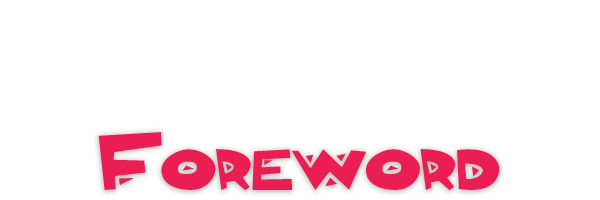Words are slippery things. Words are also difficult to define. They fascinate me both for themselves and for the history they sometimes reveal. We all know what a cat is, but try to define the word “cat” without either pointing to a cat or using the word “feline” in the definition. Dr. Samuel Johnson in his great dictionary of the English language defined “cat” as: “a domestic animal that catches mice.” Although his definition is true of most cats, it is not true of all; and there probably are other domestic animals that can be taught to catch mice.
Words are curious, often with curious histories, as you will learn from this book. Check out “candidate” or “senate,” for instance. My wife remarked the other day that the day was “close.” This sense of the word—hot and stifling—was popular in 1533 (and is in current use, but not commonly used). A person may be described as being “close with a dollar,” which means that he is cheap, a skinflint, or stingy. We can see how this second meaning fits with our current belief about the meaning of “close”; but connecting the word to the weather or the atmosphere in a room seems a stretch. Words can be used to convey what we might think of as many different meanings.
Words are also extremely important. If we do not know the word for a thing, we cannot easily talk about that thing—without using the word “thing” or pointing or describing what the object is used for. We’re forced to resort either to gesture or circumlocution (a lengthy way of expressing something). We cannot be ignorant of words connected with international relations or computers or the national economy or the life of the mind. If we are, we will find ourselves unable to take part in discussions of matters important to ourselves and to society.
I recently saw the word “donator” in a local paper. We all know what the word must mean, and we know that it refers to the person who donates. But does it exist in the English language? One of my dictionaries cites it, another does not. Which are we to believe? English possesses a perfectly good word (“donor”) that would seem to serve the purpose intended; or is there some distinction to be made between a (possibly one-time) “donator” and a (regular and systematic) “donor”? I do not know, and will have to wait and see.
In addition to being important, the study of words is exciting, as you will discover by reading this book. From it you will learn about many words and their history, a history that is sometimes interesting and unexpected, as with the phrase “meet the deadline.” Through these words and others you will marvel at human creativity, improve your vocabulary, and have a lot of fun.
Dr. William F. Wyatt
Professor of Classics, Emeritus
Brown University
